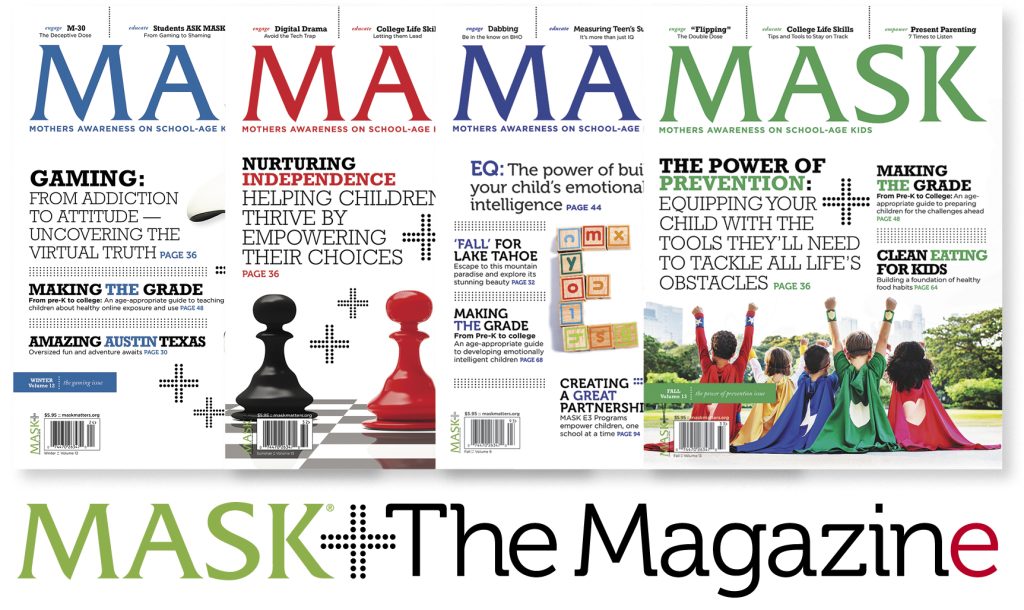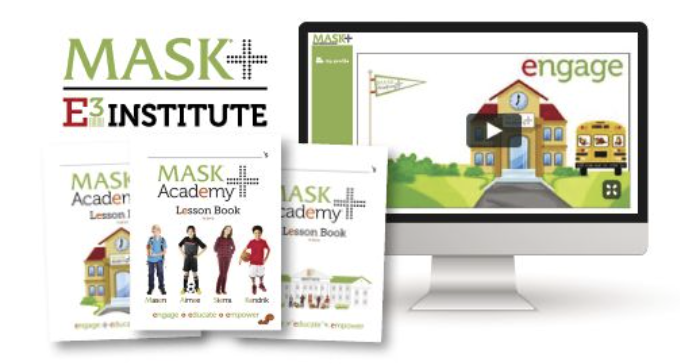
Self Care for Students
September 23, 2024
College Students and Underage Drinking
September 27, 2024Monitoring and guiding what your children post online is crucial in today’s digital age. Kids and teens are increasingly using social media and other online platforms to share their thoughts, photos, and experiences, but they may not always understand the potential risks and consequences of their actions. Here’s why it’s important to keep an eye on their online activity and how to do it effectively:
1. Protecting Privacy and Personal Information
- Avoid Oversharing: Kids may not realize that sharing personal information like their full name, address, school, or phone number can make them vulnerable to identity theft, scams, or even physical danger.
- Set Privacy Settings: Ensure that their social media accounts have strict privacy settings so that only trusted friends and family can see their posts.
2. Preventing Cyberbullying
- Monitor for Harmful Behavior: Whether your child is a victim or perpetrator of cyberbullying, being aware of their online interactions can help you intervene early. Teach them about the importance of kindness and respect online.
- Encourage Reporting: Make sure your child knows how to report inappropriate or harmful content on social media platforms.
3. Maintaining a Positive Online Reputation
- Think Before Posting: Remind your child that what they post online can have long-lasting consequences. Future employers, colleges, and others may look at their online history.
- Avoid Controversial Content: Guide them away from posting anything that could be seen as offensive, including inappropriate jokes, photos, or comments about sensitive topics.
4. Understanding the Risks of Online Predators
- Stranger Danger: Educate your child about the dangers of interacting with strangers online. Predators may use social media to gain the trust of young users.
- Monitor Friend Lists: Regularly review who your child is connected with online and ensure they know to only accept friend requests from people they know in real life.
5. Preventing Mental Health Issues
- Watch for Negative Influences: Be aware of the types of content your child is engaging with, as exposure to harmful or triggering content can affect their mental health.
- Limit Screen Time: Excessive time spent on social media can lead to anxiety, depression, and feelings of inadequacy. Encourage healthy offline activities.
6. Educating About Legal Consequences
- Understand the Law: Teach your child that certain online behaviors, like sharing explicit images, making threats, or hacking, can have serious legal consequences.
- Age-Appropriate Guidelines: Make sure your child understands that different platforms have age restrictions and that they should adhere to them.
7. Encouraging Responsible Digital Citizenship
- Be a Role Model: Set a good example by practicing responsible online behavior yourself.
- Teach Empathy: Help your child understand the impact their words and actions can have on others.
8. Setting Boundaries and Rules
- Create a Family Agreement: Establish rules about what is appropriate to post and discuss the consequences of breaking these rules.
- Regular Check-Ins: Have open conversations about what your child is posting and who they are interacting with online.
9. Using Parental Controls
- Implement Parental Controls: Many devices and platforms offer parental control settings that allow you to monitor and limit your child’s online activity.
- Third-Party Monitoring Apps: Consider using apps designed to help parents monitor their children’s online activities without being overly intrusive.
10. Promoting Open Communication
- Foster Trust: Encourage your child to come to you if they see or experience something troubling online. Make sure they know they won’t be punished for seeking help.
- Be Supportive: Approach conversations about online activity with understanding and support rather than punishment or criticism.
Conclusion
By actively monitoring and discussing your child’s online activity, you can help them navigate the digital world safely and responsibly. The goal is not to invade their privacy, but to protect them from potential risks and teach them how to be wise and considerate digital citizens.
To learn more tips and parenting subscribe to MASK The Magazine, parenting solutions for today’s families
Subscribe to MASK The Magazine
Or
Did you know that you can add past issues of MASK The Magazine and start your MASK Library –
Enroll your child or school in the MASK E3 Institute to equip them with the knowledge to make safe healthy and informed decisions.




